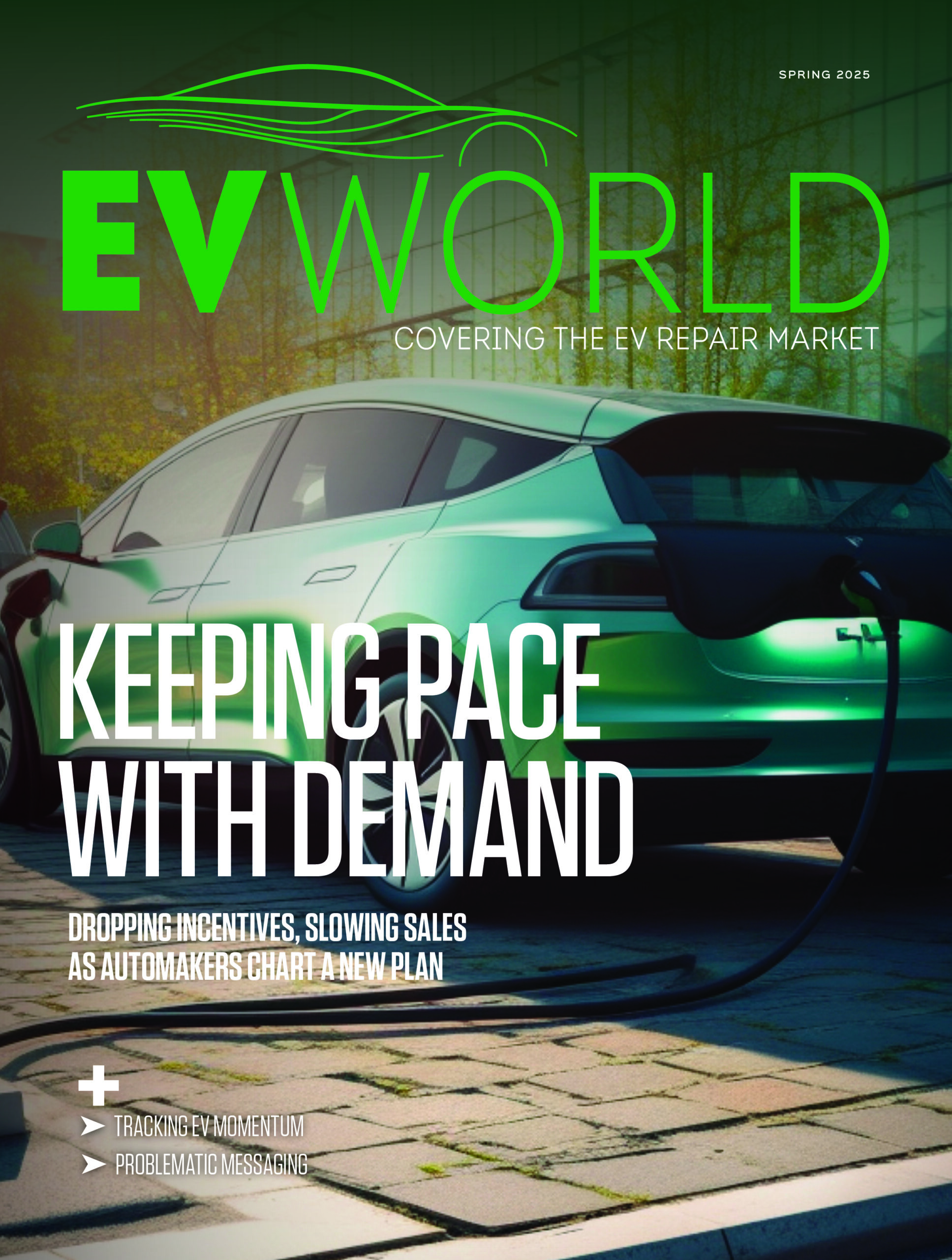
Financial barriers continue to play a crucial role in Canadians’ hesitation towards electric vehicle adoption, according to a recent study.
The latest findings from the Car Ownership Index by Turo found that one in three (29 per cent) of Canadian respondents not planning to buy an EV cite the high costs associated with these vehicles as the primary obstacle.
The index, which provides insights into Canadians’ attitudes and challenges related to car ownership, highlighted the monetary factors as significant hurdles preventing a more widespread shift to electric vehicles in the country. Despite growing environmental awareness and the increasing push towards sustainable transportation, the initial high costs of EVs remain a deterrent for a considerable segment of the population.
Vehicle ownership costs overall are further pushing Canadians towards car sharing options as many young Millennials say they can’t afford a vehicle, period.
According to the survey, 21 per cent of young millennial respondents reported using a car-sharing service within the last 18 months, a rate more than double the average across all age groups, which stands at 9 per cent.
The primary uses for car sharing among respondents included domestic leisure travel (37 per cent), running errands (29 per cent), and international leisure travel (16 per cent).
Related Posts
Comments
-
Do you really think price is the only reason people are not buying EVs? Why does nobody address the severely underdeveloped charging infrastructure? I am sure that plays a big reason to not buy an EV.
-
Its time someone woke up our global leaders and the automotive manufactures CEO’S to let them know that the average consumer they are all counting on to purchase this commodity do not want this product. It is not affordable, it is not practical and its far from environmentally green. It does however emits zero CO2’s, which is currently the cause of the issue we are all facing. Unfortunately cleaning up the harmful tailpipe emissions on ICE vehicles to eliminate smog created more CO2 levels in our atmosphere, which is helping global warming. Mass producing the EV vehicle and the infrastructure to accommodate it will produce way more harmful emissions and CO2 levels than our ICE transportation sector currently produces. The sole purpose of this vehicle is not for environmental purposes but to boost the economy. I believe our government legislation is going to backfire. As the data in this article is already showing the millennials are backing out of vehicle ownership. If the average consumer can not afford or choose not to buy cars, how do manufactures survive? The manufacture that builds an affordable longer-lasting serviceable vehicle (Not a throw-a way) will be the manufacture still standing, regardless of what the power plant propelling that vehicle will be. Period.
-
Canadians’ attitudes and challenges related to car ownership, highlighted the monetary factors as significant hurdles preventing a more widespread shift to electric vehicles in the country. Despite growing environmental awareness and the increasing push towards sustainable transportation, the initial high costs of EVs remain a deterrent for a considerable segment of the population.Vehicle ownership costs overall are further pushing Canadians towards car s
-
To add to my last comment, instead of creating legislation to benefit manufactures and rip off consumers, how about legislating common sense. How about legislating that manufactures need to build smaller lighter vehicles powered by 2.0 L or less, with fuel mileage of 5L per 100 Km or less engines by 2035. Larger SUV’s, Trucks and 800 horse power play toys come with a significant increase in carbon tax. If you want to make EV’s mandatory than make them mandatory in only Central Business Centers of metropolitan areas. Visitors of these areas need to park their ICE vehicles outside these areas and take public transit in. If the consumer doesn’t want this inconvenience than buy an EV. It should be the consumers choice.
Manufactures need to be accountable for the crap they are selling. How about legislating that OEM manufactures have to supply parts for 15 years instead of 10 years and make rocker panels and truck box wheel wells last more than 7 years.
A $10.00 bulb evolving to a $750 LED Tail light on a 2018 Chevrolet Silverado or 2017 Ford Escape and a $50 Headlight bulb evolving to a $3500 Headlight assembly module on a 2017 Nissan Titan is not acceptable. Consumers are fed up with the cost of this technology in their vehicles.












Leave a Reply